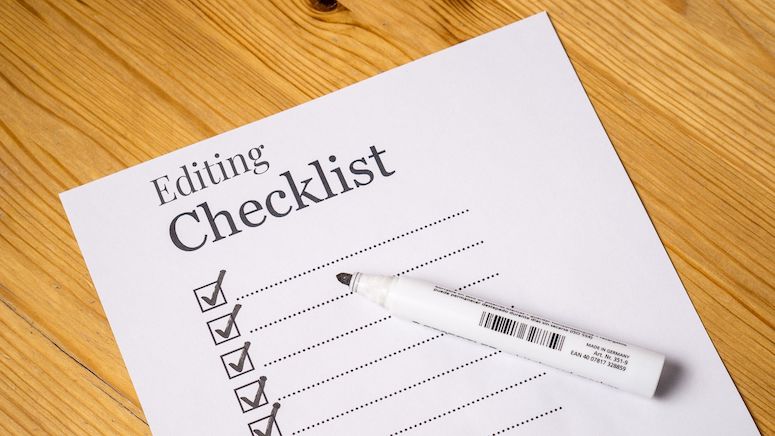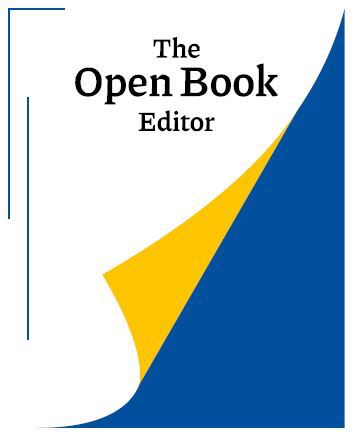The editing process can feel infinite. You don’t want to stop editing your book too soon for fear of missing typos or inconsistencies in the plot which might put your readers off. Naturally, you want your book to be in the best shape possible before you pass it on to agents, publishers, and readers. There’s always something to tweak, fix, or move around, right?
While you should never underestimate the importance of editing your book, you need to know when enough is enough and it’s time for someone else to read it. Remember, your aim isn’t perfection (which is impossible to achieve anyway), but to create something you’re proud of and that people will enjoy. This means that, at some point, you need to stop editing your book and give it to others, so they have the chance to read and love it, too!
Are you wondering if you’ve reached the point where you’re over-editing? Check out these three key indicators that tell you when it’s time to stop editing your book.
Sign #1: You’ve covered all the main editing points
Having a checklist of edits you need to focus on can make the self-editing experience much more seamless. Here are a few key items you should always check off before you decide to stop editing your book:
- Read your book from start to finish to find and fix any plot holes.
- Make sure you have consistent and believable characters.
- Read your dialogue aloud to make sure it sounds natural and realistic.
- Focus on the small details, like typos, grammar, and spelling, after the big-picture elements.

Once you’ve gone through this checklist two or three times, it’s time to stop editing your book. Either pass it on or take a break by setting it aside for a couple of months.
Sign #2: You’re making changes, but not improvements
As a writer, you want to feel you’re constantly making progress on your book. But not all editing is useful. If you’re making changes but you’re not sure they are resulting in any meaningful improvement, it’s a sign you need to walk away.
This sort of unproductive editing usually comes in the form of making minor changes, such as substituting similar words for one another, changing the names of places or people, shifting sentences around, etc.
It’s not how long you edit your manuscript that matters, but the quality of the edits. When your changes are making the manuscript different, but not necessarily better, it’s time to stop editing your book.
Sign #3: You can’t tell what’s good anymore
Editing fatigue is a lot more common than you might think. We’ve all been there; you reach a point where your book feels like a giant, muddled mess in your brain. As a result, you struggle to pinpoint what’s good or bad writing, which is an indicator it may be time to stop editing your book.

Likewise, you might recognise something isn’t quite right, but feel at a loss as to how to fix it. Whatever you try doesn’t seem to cut it.
When you reach this point (and you will, sooner or later), stop editing your book and seek an objective and fresh set of eyes to read your work. A professional editor or beta reader can offer valuable input and often spot issues right away that you might otherwise miss due to editing fatigue.
Now, let go…
Even if you’re aware you need to stop editing your book, actually doing it can be difficult. Your book is precious to you, which makes it all too easy not to trust others and, instead, try to fix everything yourself.
Remember, while your book starts out belonging to you, at some point it needs to belong to the readers if you want others to enjoy it. Eventually, you have to let go and pass it on.
The best way to ease into this and assure your book is the best it can be is by hiring a professional editor. The Open Book Editor can help polish your book, correct mistakes, and help fix any scenes or chapters that have been troubling you.
Of course, it’s normal to still feel protective once your manuscript is in the hands of a capable editor. In these circumstances, the best way to stay relaxed is to channel all that energy and focus into your next writing project or a new writing goal!


